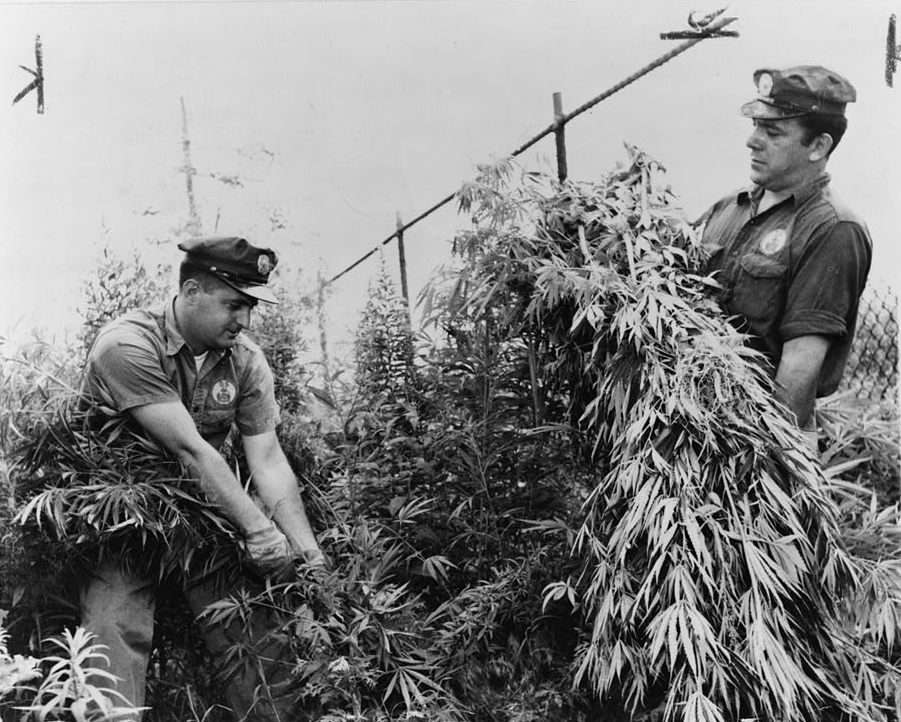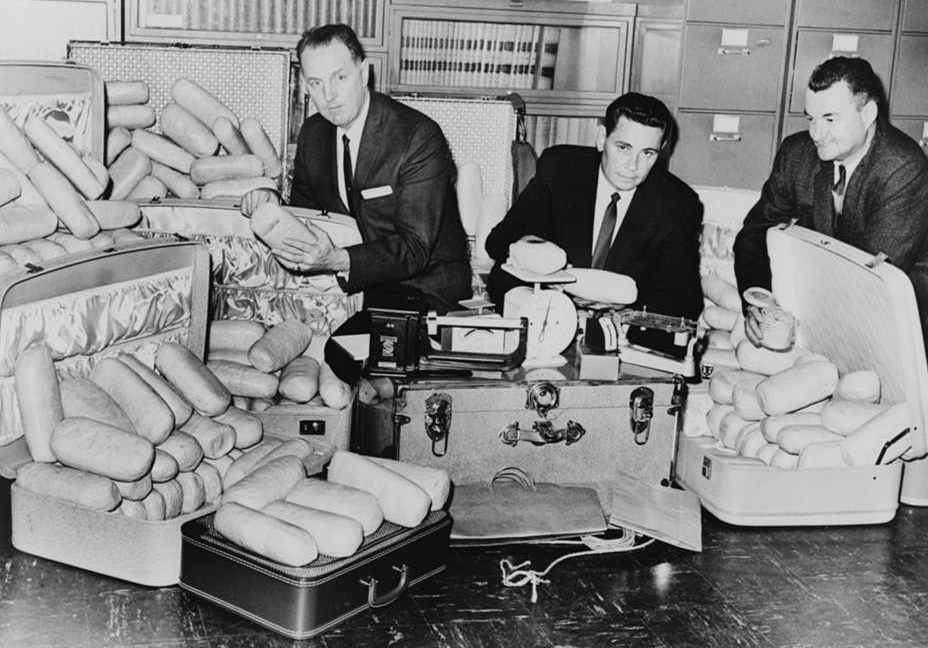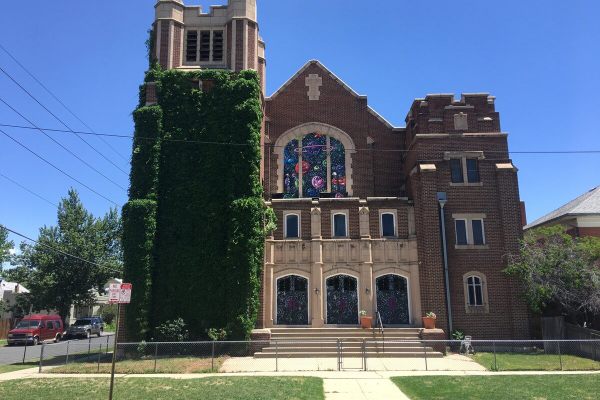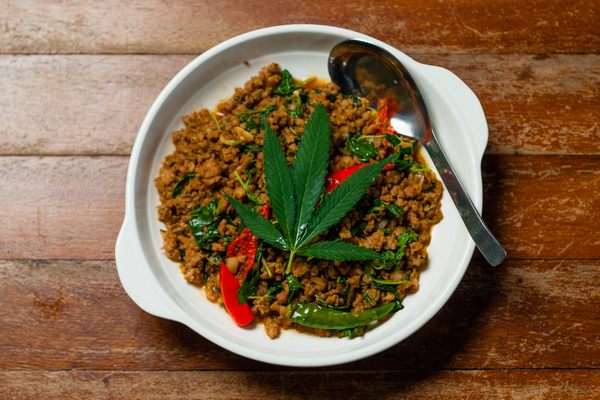The Vicious Myth Behind America’s Ban on Marijuana

(Photo: Dick DeMarsico/Library of Congress)
This article, adapted from Chasing The Scream: The First and Last Days of the War on Drugs, was originally published by The Influence, a news site that covers the full spectrum of human relationships with drugs.
In 1929, a man called Harry Anslinger was put in charge of the Department of Prohibition in Washington, D.C. But alcohol prohibition had been a disaster. Gangsters had taken over whole neighborhoods. Alcohol—controlled by criminals—had become even more poisonous.

So alcohol prohibition finally ended–and Harry Anslinger was afraid. He found himself in charge of a huge government department, with nothing for it to do. Up until then, he had said that cannabis was not a problem. It doesn’t harm people, he explained, and “there is no more absurd fallacy” than the idea it makes people violent.
But then—suddenly, when his department needed a new purpose—he announced he had changed his mind.
He explained to the public what would happen if you smoked cannabis.
First, you will fall into “a delirious rage.” Then you will be gripped by “dreams… of an erotic character.” Then you will “lose the power of connected thought.” Finally, you will reach the inevitable end-point: “Insanity.”
Marijuana turns man into a wild beast. If marijuana bumped into Frankenstein’s monster on the stairs, Anslinger warned, the monster would drop dead of fright.
Harry Anslinger became obsessed with one case in particular. In Florida, a boy called Victor Licata hacked his family to death with an axe. Anslinger explained to America: This is what will happen when you smoke “the demon weed.” The case became notorious. The parents of the U.S. were terrified.

Narcotics agents in 1963 with over 400 pounds of marijuana. (Photo: Ed Ford/Library of Congress)
What evidence did Harry Anslinger have? It turns out at this time he wrote to the 30 leading scientists on this subject, asking if cannabis was dangerous, and if there should be a ban.
Twenty-nine wrote back and said no.
Anslinger picked out the one scientist who said yes, and presented him to the world. The press—obsessed with Victor Licata’s axe—cheered them on.
In a panic that gripped America, marijuana was banned. The U.S. told other countries they had to do the same. Many countries said it was a dumb idea, and refused to do it. For example, Mexico decided their drug policy should be run by doctors. Their medical advice was that cannabis didn’t cause these problems, and they refused to ban it. The U.S. was furious. Anslinger ordered them to fall into line. The Mexicans held out—until, in the end, the U.S. cut off the supply of all legal painkillers to Mexico. People started to die in agony in their hospitals. So with regret, Mexico sacked the doctor—and launched its own drug war.
But at home, questions were being asked. A leading American doctor called Michael Ball wrote to Harry Anslinger, puzzled. He explained he had used cannabis as a medical student, and it had only made him sleepy. Maybe cannabis does drive a small number of people crazy, he said—but we need to fund some scientific studies to find out.
Anslinger wrote back firmly. “The marihuana evil can no longer be temporized with,” he explained, and he would fund no independent science. Then, or ever.
For years, doctors kept approaching him with evidence he was wrong, and he began to snap, telling them they were “treading on dangerous ground” and should watch their mouths.
Today, most of the world is still living with the ban on cannabis that Harry Anslinger introduced, in the nation-wide panic that followed Victor Licata’s killing spree.
But here’s the catch. Years later, somebody went and looked at the psychiatric files for Victor Licata.
He had a lot of mental illness in his family. They had been told a year before he needed to be institutionalized—but they refused. His psychiatrists never even mentioned marijuana in connection to him.
It turns out there’s no evidence he ever used cannabis.







Follow us on Twitter to get the latest on the world's hidden wonders.
Like us on Facebook to get the latest on the world's hidden wonders.
Follow us on Twitter Like us on Facebook